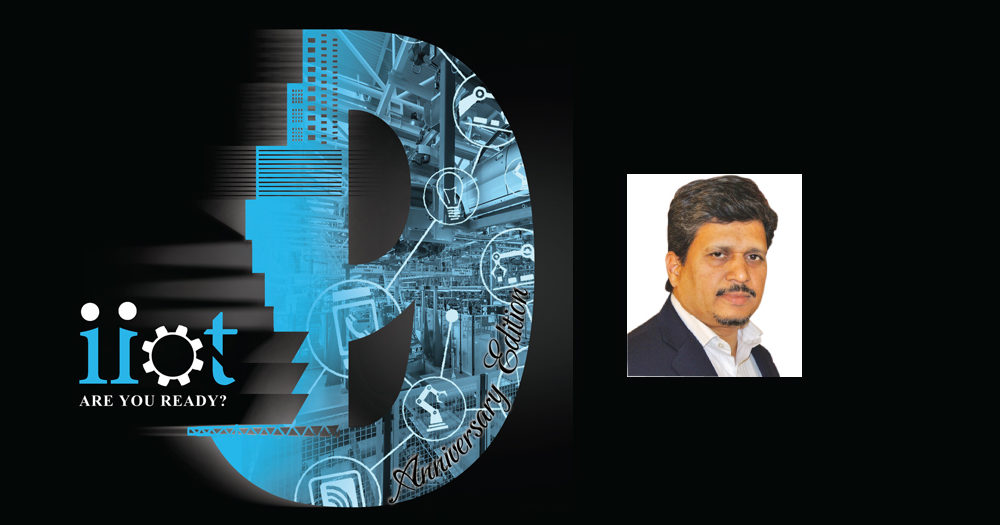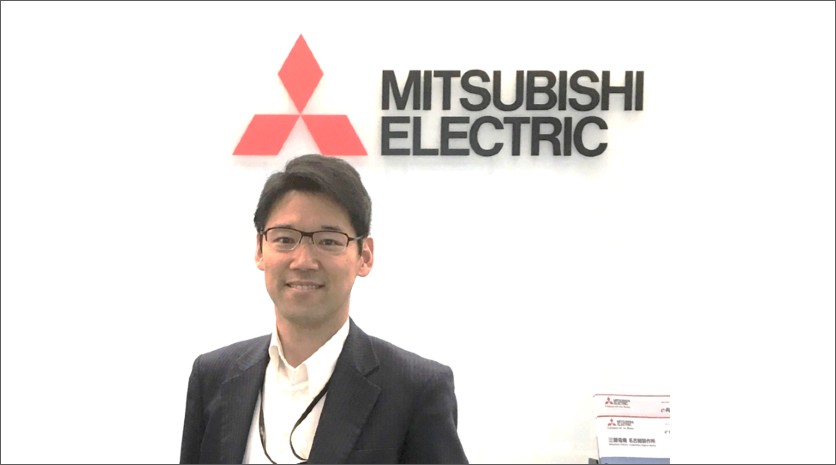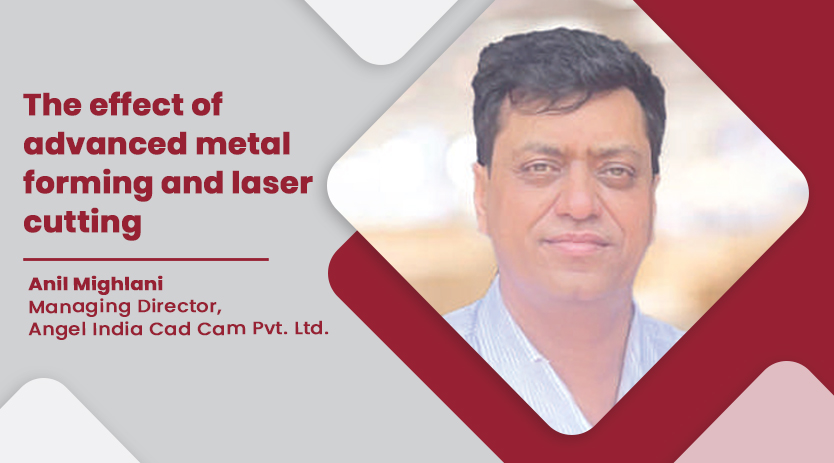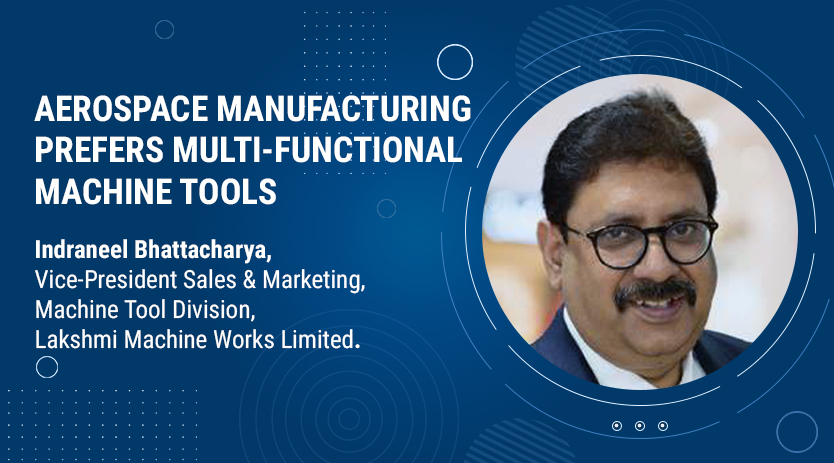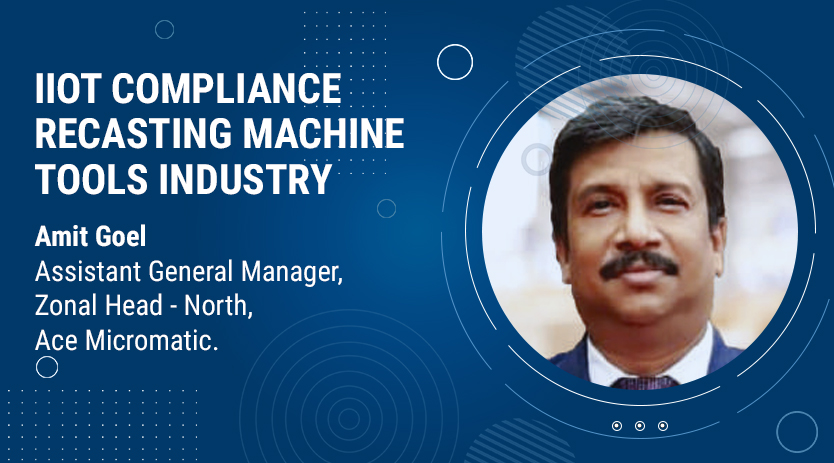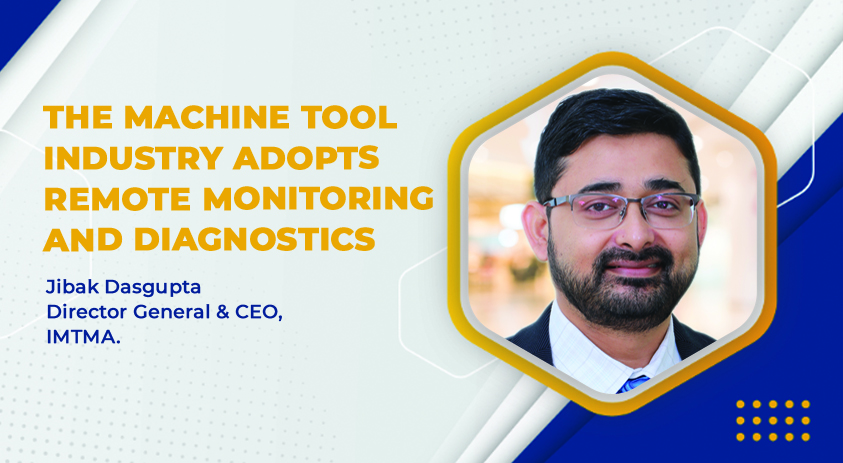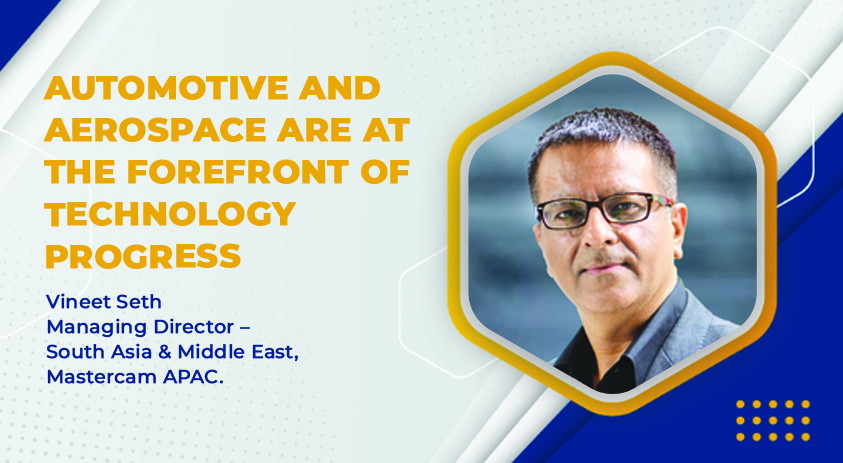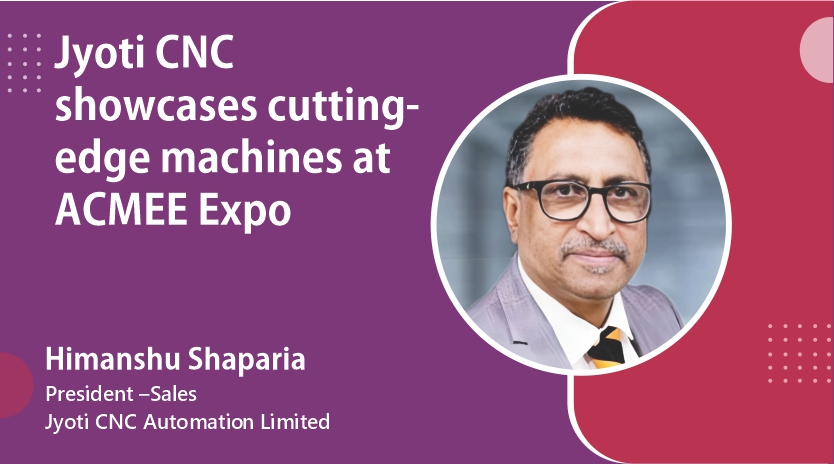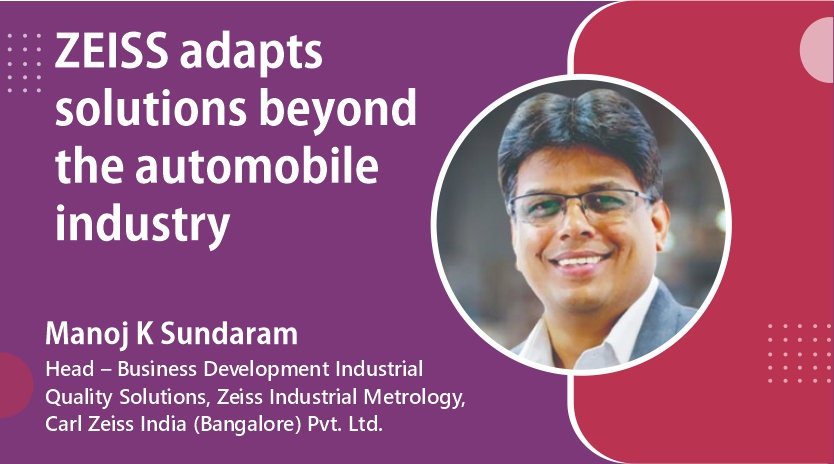IoT: Shaping the Future
June 13, 2018 12:23 pm
V Anbu,
Director General & CEO, IMTMA
IoT is not confined to one particular industry. Its usage cuts across all industries whether it is manufacturing industry or service industry.
The future of IoT in manufacturing
Industries such as automotive, aerospace, medical engineering, defence, etc. produce critical components and are known for mass production. Leveraging IoT will enable them to bring down breakdown incidents, increase efficiency, quality and productivity. V Anbu, Director General & CEO, IMTMA, says, “IoT in manufacturing predominantly dominates in processing industries due to the advent of automation. However, technology is being adapted by discreet manufacturing industries such as automotive, aerospace, defence, etc. due to the need for high precision qualitative products.”
Developing countries are working towards creating a global presence by increasing their market share through exports. For this manufacturing industry needs to adopt latest technologies so that they can produce cost-effective and high quality products which will enable them to withstand competition. Driven by cloud computing, IoT has changed the overall landscape of manufacturing industry. He adds, “Moving forward we would see that not only large-scale industries but also small and medium enterprises will also adopt IoT to keep themselves sustained in the business to match the requirements of OEMs.”
The IoT is beginning to shape the future of many industries
This is the time that every industry should look to adopt IoT. Industries have begun using IoT innovatively in their manufacturing activities. While some sectors are doing production focused tests, some sectors are using it for their large-scale projects effectively. Technologies are gradually overtaking shop floors and changing the way the industry functions. Anbu states, “Whether it is the engineering or process industry or the R&D institutions, one needs to keep abreast of the needs of global demand and adopt IoT in their manufacturing lines.”
Anbu opines, “IoT is not confined to one
particular industry. Its usage cuts across all industries whether it is manufacturing industry or service industry.”
Understanding the impact of IoT
One needs to create an awareness regarding the benefits of IoT among industries besides promoting a conducive environment for stakeholders which will further investments.
Anbu feels government also needs to play a supporting role towards fostering technology in order to maintain the pace of growth among the developed and developing nations. Further he adds, “IoT is an integral part of Industry 4.0 which is now being adopted by industries. Government of India is pushing for its adoption very strongly. Industry needs to have short to medium term roadmap for implementation.”
Developing the skill sets of workers and their agile deployment to bring forth high value products is a challenge. Top management also needs to scrutinise the cost benefit analysis and analyse whether the investment would give the desired results. The skill sets of the industry workforce also needs to be enhanced so that the industry does not fall short of trained manpower to match the ever growing demands.
About IMTMA
Indian Machine Tool Manufacturers’ Association (IMTMA) was formed in 1946 the year before India got its independence when around 20 machine tool manufacturers joined hands to form an association. Over a period of seven decades it has grown in size to have around 500 members representing around 90 per cent of the organised machine tool and allied equipment manufacturers as on date. Today, IMTMA is the apex industry association for machine tool sector in the country. IMTMA plays a critical role in the development of the metal working industry and is a single point of contact for the entire machine tool industry of India. A not-for-profit association, IMTMA’s initiatives range from government advocacy to industry and export promotion, trade fairs and events, training and seminars, technology missions, publication of various industry and technical writings, structuring of regional councils, and development of clusters.
Cookie Consent
We use cookies to personalize your experience. By continuing to visit this website you agree to our Terms & Conditions, Privacy Policy and Cookie Policy.



